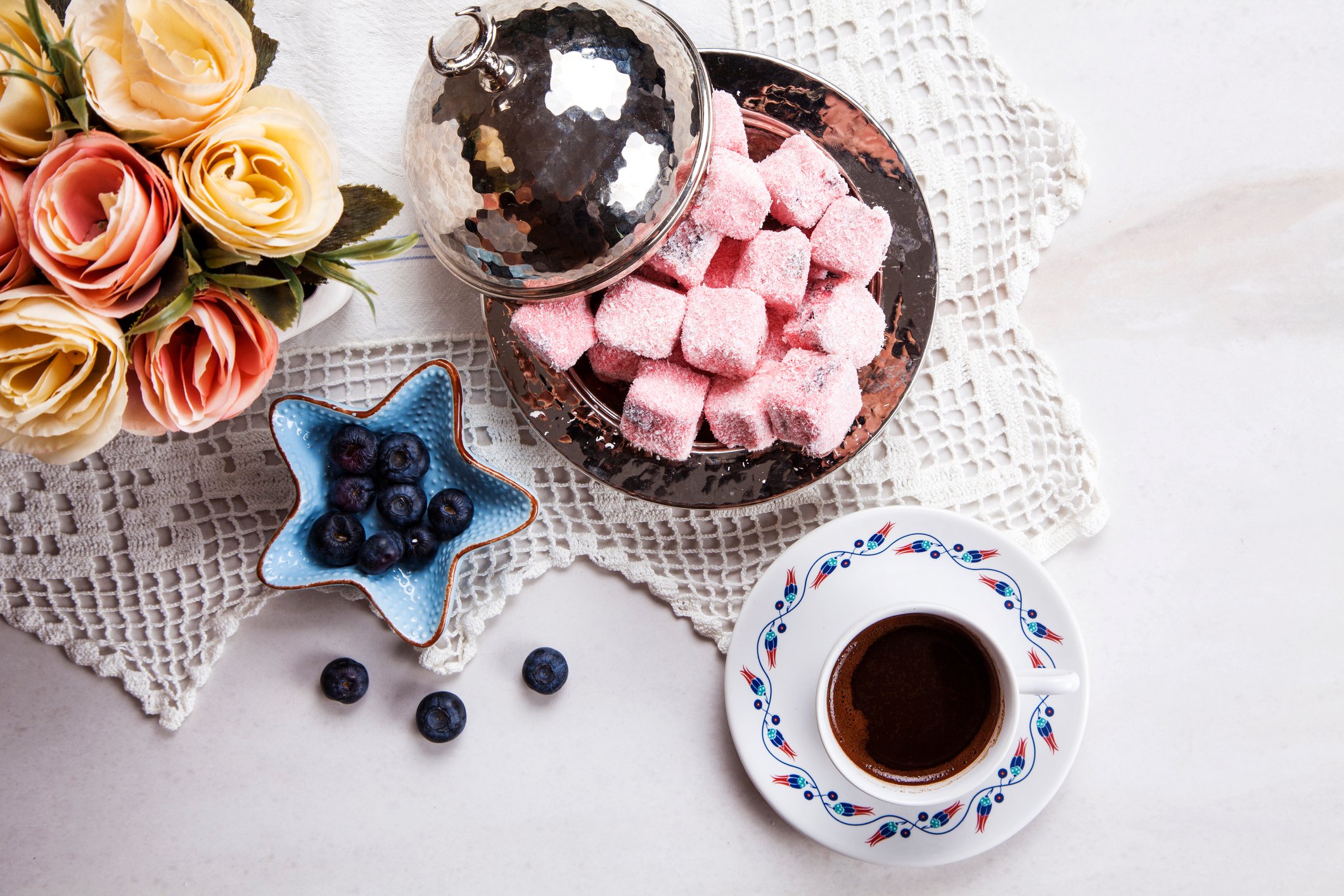“Grandma, take your finger off your front camera!” “Can you all hear me, hello?” “Thanks for sending over some pocket money for Bayram, auntie!” It seems that for many Turks, this year Ramadan Bayram, also known as Eid al-Fıtr, will be filled with such complaints, questions and gratitude, all because of the coronavirus.
It seems that temporarily gone are the days of going door to door to visit the elderly, close friends and relatives we, most of the time reluctantly, see once or twice a year.
After having spent 30 days in partial or full lockdown focusing on spiritual reflection and self-improvement, more than usual due to the current circumstances, the next three days would have been a great opportunity for practicing Muslims to count their blessings, celebrate and enjoy time with family and friends. But instead, they have to do make do with what they have got.
But how was this holiday traditionally celebrated in Turkey when there wasn’t a pandemic raging on across the globe, and why is it referred to as the “sweetest of holidays”?
To put it simply, it’s because candy is an integral part of this religious festival and hence also why it is called Şeker Bayramı (Feast of Sweets) in Turkish. There are two different beliefs explaining the reasoning behind this naming. The first train of thought is the less fun but more linguistically logical, which says “şeker” came from the mispronunciation of the Arabic origin word “şükür,” meaning to give thanks and gratitude. The other says the name is derived from a long line of Ottoman traditions of the imperial palace. The royal family would distribute desserts and sweets to statesmen, soldiers and children during Bayram, and bazaars would be filled with candy sellers, creating the candy distributing tradition we see today.
One could say it is similar to modern-day Halloween in this aspect, as children would usually take this opportunity to go knocking on their neighbors’ doors, getting ready to be handed out delicious candies and chocolates – though in this case, in exchange for some traditional hand-kissing, well wishes and Bayram greetings, with no “tricks” as punishment.


Compared to the Festival of Sacrifice (Eid Al-Adha), it should come as no surprise that this holiday is the ultimate for children in Turkey. After all, sugar is to children what cocaine is to drug addicts – if you think this analogy is too extreme just check out this study from Connecticut College in 2013 that showed that Oreos activate the same pleasure receptors in the brain as the hard drug itself. Parents will have to stock up all things candy at home this time round to keep the children amused, so good luck with all the sudden bursts of energy.
With no reason to get dressed up in their finest outfits to impress during visits and with no candy or pocket money to collect, children may find it especially hard this year. So let the spirit of Bayram live on at home – get up early, have a big breakfast together, get dressed and then get on those digital apps of yours to virtually connect with your loved ones. Even psychologists agree that sticking to cherished routines is good for our mental well-being.
It may be “out of sight, out of mind” for most people, so make sure you check in on your nearest and dearest often, not just on Bayram. We may not be kissing hands or hugging but sometimes hearing a loved one’s voice or seeing their face is the next best thing. If you can, send a little gift or some candy as true to tradition. It’ll help you consolidate intimacy and stave off isolation.
Last Updated on May 28, 2020 4:42 pm by Yasemin Nicola Sakay










Discussion about this post